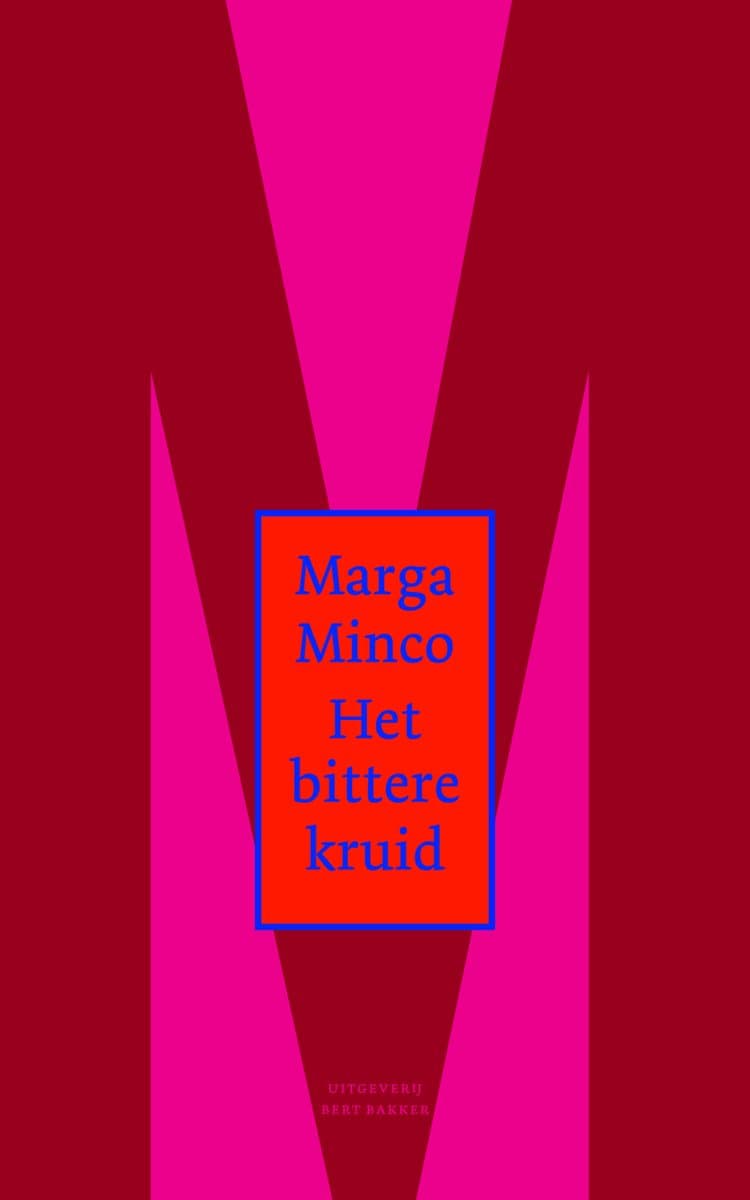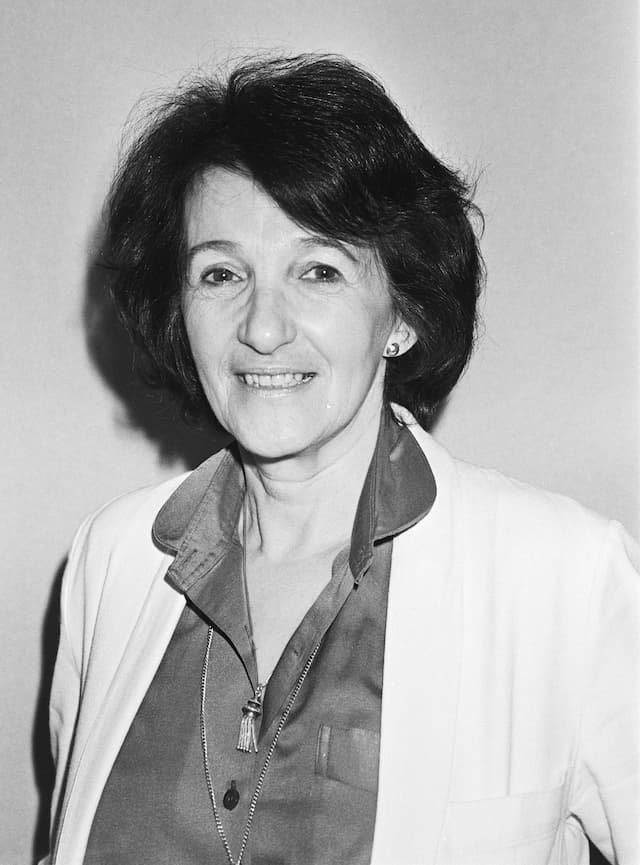Bitter Herbs
Marga Minco is the only member of her immediate family to have survived the Second World War. Her mother and father, her brother and his fiancée, her sister and her sister’s husband were all deported to concentration camps. Her entire body of work is informed by these facts. ‘Whether I want to or not, I always return to 1940 – 45. Those were the years that made the most impression on me.’ This inability to let go of the past is the undeniable, overarching theme of Marga Minco’s work.

Bitter Herbs, which dates from 1957, is Minco’s debut novel. The title refers to a ritual which is part of the Jewish Seder, when unleavened bread and bitter herbs are eaten, partly to commemorate the exodus from Egypt, and partly to sym- bolise the hospitality offered to strangers. She calls her ninety-page novel ‘a little chronicle’, and in it she evokes her memories from the war years: the evening the whole family gathered to sew Jewish stars onto their coats, the day the call-up for the ‘work camp’ arrived, a forbidden train trip, and the razzias which emptied whole streets.
As in the work of Primo Levi and Imre Kértesz, it is not simply the facts that make Minco’s work so impressive, but the manner in which those facts are presented. Bitter Herbs is written in a limpid, immediate, almost casual style. The scenes in the book are deceptively ordinary, rendered profoundly moving by the brutality of their context. Minco is never overly explicit; she understands the power of saying only what needs to be said. Her reminiscences leave a lasting impression because of the open sincerity of the writing and her refusal to resort to heightened literary prose to tell a story that is in itself poignant and dramatic.
The family’s incorrigible optimism enhances the nightmarish effect of this impressive little book. Moving and memorable.
The Times Literary Supplement
The book deserves a wide audience.
Die Zeit
